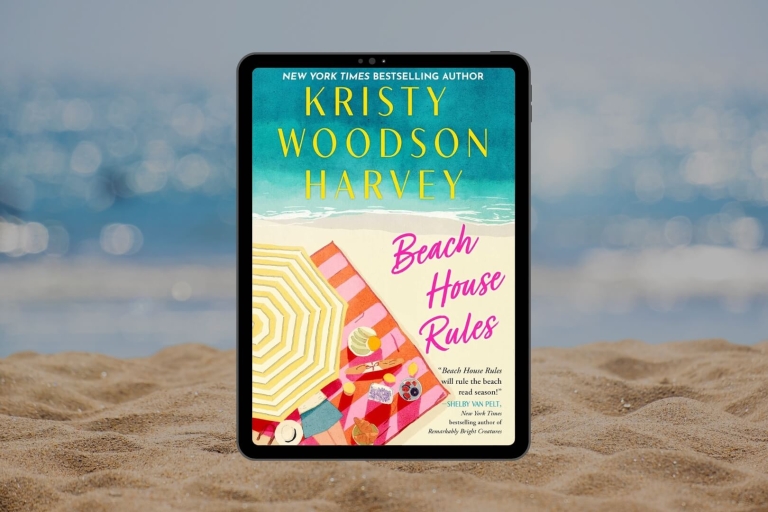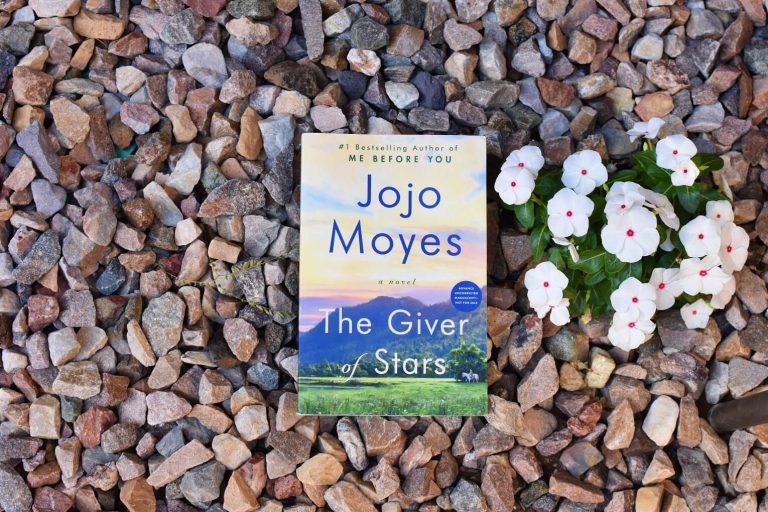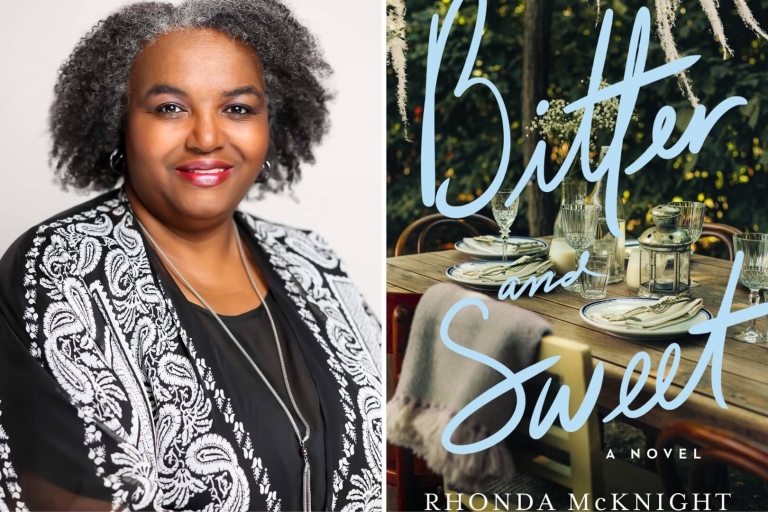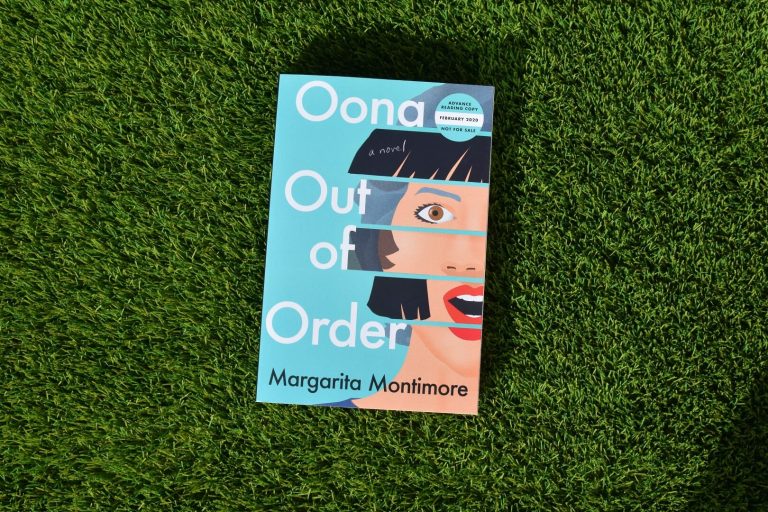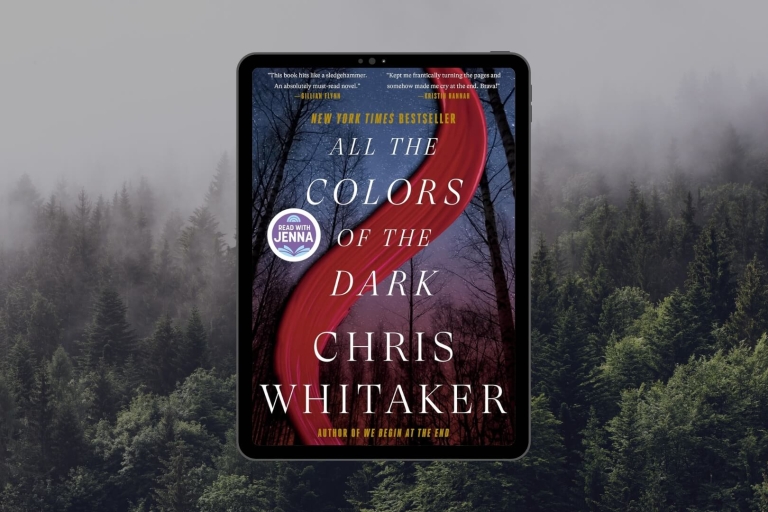Katrin Schumann is the author of the historical fiction novel This Terrible Beauty.
She is also the author of The Forgotten Hours, and numerous nonfiction books. She has been awarded fiction residencies from the Vermont Studio Center, the Norman Mailer Writers Colony, and the Virginia Center for the Creative Arts. Schumann teaches writing at GrubStreet in Boston and was an instructor in PEN’s Prison Writing Program. She lives in Boston and Key West, where she is the program coordinator for the Key West Literary Seminar.
The Forgotten Hours is such a well-crafted important novel that warranted lots of discussion among readers (check out my book club questions here). She’s back this year with her latest novel, This Terrible Beauty, which is a story of one woman’s journey to reclaim what she lost in a country torn apart by the devastating legacy of WWII.
In the following Q&A, Katrin discusses the inspiration behind the story; writing different genres, advice for writers and much more.
What inspired you to write This Terrible Beauty?
In 1989, I flew with my father to the German island of Rügen, up north on the Baltic Sea. A Berliner, my father had spent summers there as a little boy (it’s a bit like Martha’s Vineyard). But for decades, the island had been on lockdown: after WWII, half of Germany fell under Russian control, trapping millions of Germans behind a wall. Luckily, my father escaped to the West and eventually made his way to freedom in America.
A few weeks before our trip to Rügen, the actual wall that split Germany in two—patrolled by sharpshooters and dogs, lined with bombs—had finally come down. Truth be told, until that visit to the island, my family’s history felt distant and confusing to me.
That all changed after my father and I crept into my great aunt’s abandoned cottage on a medieval square in Saßnitz. The fisherman’s cottage was filled with debris and broken bottles, unloved and unlived in. In a corner of the cramped living room was a large iron firepit, and behind it a huge coal stain had blossomed over the floral wallpaper. For decades, East Germans relied heavily on brown coal to heat their homes. The damp wallpaper itself was peeling off in places, and underneath it I saw layer upon layer of designs from past eras.
In that moment, it struck me just how many German women had struggled to live ordinary lives under extraordinary circumstances, first under fascism then under communism. That was when my novel’s protagonist, Bettina Heilstrom, first came to me as a character: a young woman who yearns for love and finds herself in conflict with political forces entirely outside her control.
Do you fight? Do you give up? Do you accept guilt and seek redemption? How on earth do you keep going? History is complicated, and there are stories that haven’t been fully told yet; Bettina’s is one of them.
So you’ve written contemporary fiction (The Forgotten Hours), historical fiction (This Terrible Beauty) and select nonfiction — can you talk about the process for writing different genres? Do you have a favorite genre?
Though my two novels appear to be very different, they share a preoccupation with some similar themes. I’m fascinated by what makes us and what breaks us, especially as females who’ve been trained toward certain behaviors by our culture. The process of writing fiction is long and convoluted for me—I start with a vague idea and a specific setting, and it’s only through the actual writing that the characters and plot come alive for me. It’s a circular approach rather than linear.
I write draft after draft and it’s only in the final draft that I feel it all comes together. The research has done its job and is part of the texture of the book, the character’s actions are the result of their personalities rather than the needs of the plot. And the overall storyline gels—in the end, I know I’m done when I feel I have balanced those three elements.
Nonfiction writing is entirely different. I start with a clear mission: I spend quite a lot of time determining who my audience is, what they do and don’t know, and what the purpose of my book is. Then I figure out how to achieve my goals—what kind of voice would be most effective? Is the book anecdotal or research-based or both? I plan it out logically and give myself clear deadlines. I wish I could do that for my fiction, but it’s not at all the same.
And yet… as much of a struggle as writing novels can be, it is also truly magical and absorbing, and I continue to return to the empty page again and again, struggling to find out how to connect with readers around the ideas that move me.
For those who are interested in writing their own novels, what tips do you have for aspiring authors?
My main tips are to work on finding the sweet spot between audacity/confidence and humility. Writers have to believe they have something meaningful to say and that they will find a way to say it—without that belief we’d all just give up. So you must be bold and audacious.
On the other hand, authors need some humility—we must tweak and edit and slash and burn in order to polish that big mess of ideas into something worth reading. We must learn by reading great works and taking advice. If we’re too full of ourselves it will show up in writing that’s bloated, obtuse or puts too much energy into our needs rather than the experience of the reader.
For the past seven years I’ve written a monthly blog for writers on GrubWriters—you can find a lot of advice there, and a lot of behind-the-scenes stories, too: https://grubstreet.org/blog/author/katrins/
What’s it like to launch a book?
It’s a pretty surreal experience, to be honest. For me, learning to be comfortable speaking in front of a crowd about my own work was hard, but practice makes perfect. Once I was comfortable talking about my themes and characters, I started to really enjoy connecting with readers in person. Writers spend so much time alone at a desk that it can be a lot of fun to be the center of attention when the atmosphere is festive and joyful.
As authors we have such little control over how our novels do in the marketplace, ie. whether people respond to our work or not. So for me the hardest—and yet most exciting—part of the launch experience is reviews flooding in. The good ones are glorious, and the bad ones really sting. Sometimes, secretly, I’ll read all my five star reviews and they’ll make me cry. All that hard work feels worth it then!
What are you currently reading and what’s on your TBR (to be read) list?
I’m currently reading My Education by Susan Choi. On my TBR list: Writers & Lovers, by Lily King; Patsy by Nicole Dennis-Benn; My Dark Vanessa by Kate Elizabeth Russell; The Tale of the Dueling Neurosurgeons by Sam Kean and about a million others….
Thank you Katrin for participating in the Q&A! Click here to order This Terrible Beauty on Amazon.
